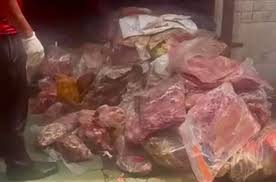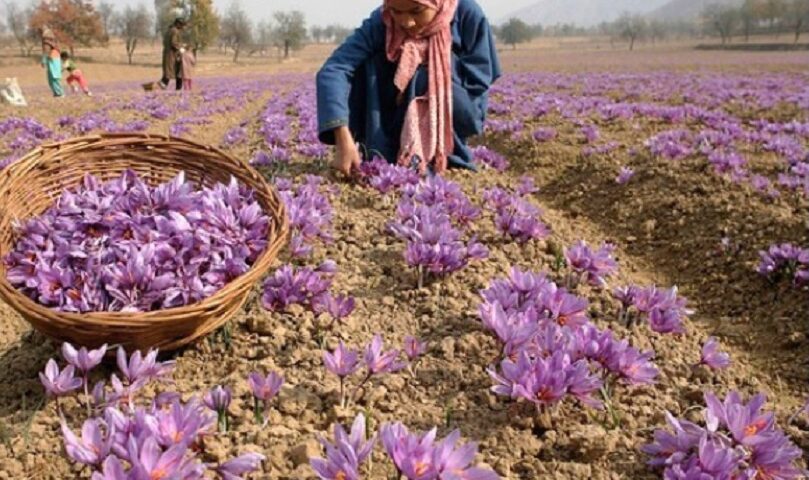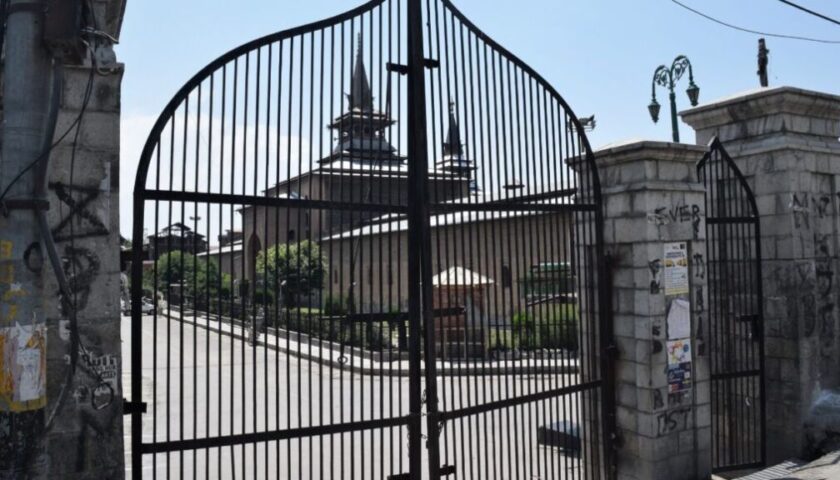FIR Filed & Key Accused Identified
By: Javid Amin | Srinagar | 12 Aug 2025
The ongoing rotten meat scandal in the Kashmir Valley has reached a legal flashpoint, with Srinagar Police filing a First Information Report (FIR) against two key suppliers accused of distributing decomposed, unfit-for-consumption meat to eateries and hotels across the city.
The crackdown—one of the largest food safety operations in recent memory—has exposed deep gaps in the meat supply chain, triggering outrage from public health officials, religious leaders, and the general public.
FIR Details & Key Accused
An FIR was registered under sections 271, 275, and 61(1) of the Bharatiya Nyaya Sanhita (BNS), which cover:
-
Selling noxious or harmful food
-
Negligence leading to the spread of disease
-
Breach of public safety norms
Named in the FIR:
-
Abdul Hameed Kuchay, operator of Sunshine Foods, Zakoora
-
Arif Ahmad Shah, resident of Baghat Barzulla
Police say the two were engaged in a criminal conspiracy to circulate rotten meat through hotels, restaurants, and wholesale suppliers—placing thousands at risk.
Raids & Shocking Seizures
In a coordinated operation, Srinagar Police and the Food Safety Department raided multiple cold storage facilities.
-
Nearly 13,000 kg of rotten meat was seized, including a major cache from Parimpora.
-
The meat was found in advanced stages of decomposition, stored in unhygienic conditions.
-
All seized stock was destroyed immediately, in accordance with the Food Safety and Standards Act.
-
The implicated cold storage units were sealed, halting operations indefinitely.
Religious & Public Health Outrage
The scandal has provoked strong condemnation from religious scholars. Mirwaiz Umar Farooq described the act as:
“Not just a crime against public health, but a zulm—a grave injustice—against Islamic principles.”
Concerns extend beyond hygiene, with doubts raised about halal authenticity and proper slaughter procedures. Many clerics have urged authorities to tighten halal certification processes for all meat entering Srinagar markets.
Economic Fallout
The scandal has hit the hospitality sector hard:
-
Restaurant owners report a 40–50% drop in customer footfall.
-
Tourists and locals alike are avoiding mutton dishes.
-
Vendors fear long-term damage to Kashmiri Wazwan’s reputation, a key cultural and economic draw.
“Even regular customers are now asking for proof of where our meat comes from,” says Yasir Khan, a Srinagar restaurateur.
Public Demands
Public pressure is mounting for:
-
Daily market inspections by the Food Safety Department
-
Severe penalties for offenders, including imprisonment
-
A digital meat traceability system to track sourcing and storage
-
Regular public disclosure of inspection results
What’s Next?
With the FIR now filed and evidence in hand, investigations are expanding to identify the full network behind the supply of decomposed meat. Authorities are also reviewing cold chain compliance, licensing procedures, and slaughterhouse regulations to prevent future incidents.
Officials warn that more arrests may follow, and lifetime bans on food business licenses are being considered for those found guilty.




